- No Comments
Depression is a brain disease that causes high disability. Treatment is often delayed, as many sufferers seek help late. It is estimated that every year 5% of the world's population suffers from depression.
Tomorrow, January 13, the World Day to Fight Depression is celebrated, a key day to raise awareness among the population about this disease. As explained by Dr. Diego Palao, Director of Mental Health at Parc Taulí, "depression is a brain disease that causes a blockage of neurogenesis, new neurons stop being formed". For that, "it is very important to identify it and treat it correctly” to reactivate neurogenesis and avoid its chronification.
Taking advantage of the World Day to Fight Depression, professionals make a call to get to know this disease well, because even though "can become serious, with treatment people who suffer from it can be helped to recover", assures Palao.
The main symptoms of depression are prolonged sadness and anhedonia, the inability to experience pleasure. These two symptoms are essential to detect the disease when they are severe and prolonged over time and to seek help from professionals.
Parc Taulí works closely with Primary Care to detect the most serious cases, "early detection is essential to avoid cases with suicidal tendencies", emphasizes the director of the Mental Health Service at Parc Taulí.
Resistant depression program
Parc Taulí is a leading mental health center that treats around 2.400 people a year with some type of depression, of which 30% are severe and very resistant depressions.
The main treatment for moderate-severe depression is pharmacological with antidepressants. But there are some people with severe and persistent depression who need more specialized treatments.
Parc Taulí has a Specific Treatment Unit for Resistant Depression, with various treatment modalities. In February of last year, an innovative and revolutionary therapy, esketamine, was launched, which has shown great effectiveness in resistant depression and can produce improvements in hours or days.
Candidate patients must initially come twice a week for 4 weeks to the hospital to receive the inhaled treatment. The therapy takes place in a fully adapted room, where sensory stimuli are minimal, without noise and with minimized light. Once remission of the symptoms of depression is achieved, a follow-up schedule with weekly or fortnightly intervals is reached.
The duration is an hour and a half and during this time the nurse in charge of administering the drug checks their blood pressure and reassures and guides them, if they have suffered an alteration of perception.
Since the launch of this program, Parc Taulí has treated 24 patients, administering more than 400 inhalations. The degree of effectiveness and satisfaction among patients is very high. The professionals at Parc Taulí plan to provide training for professionals from other health centers.



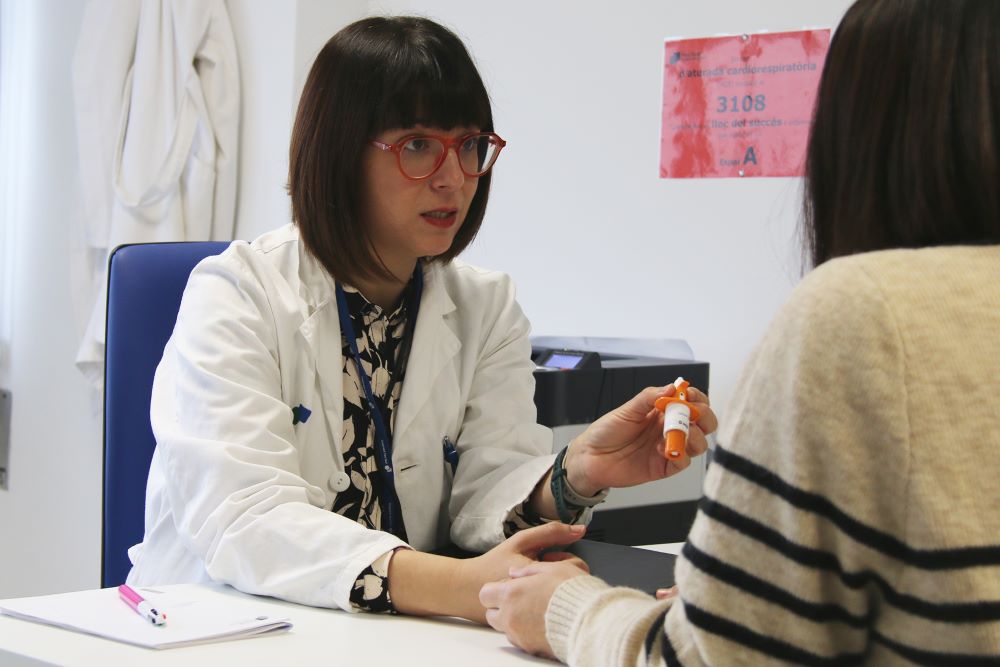
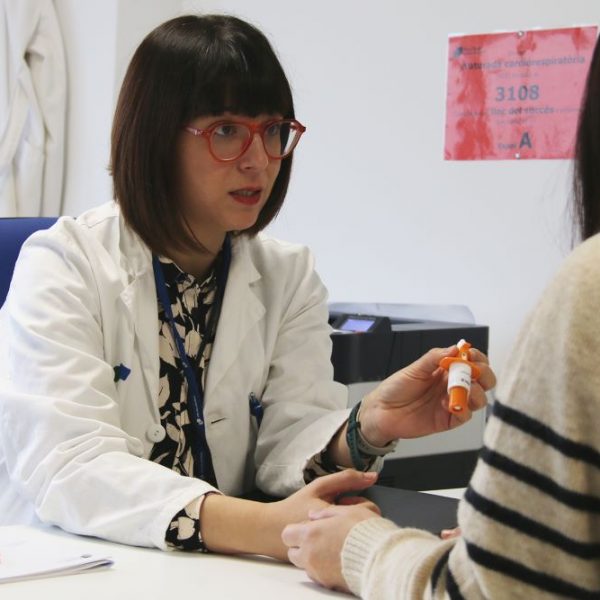
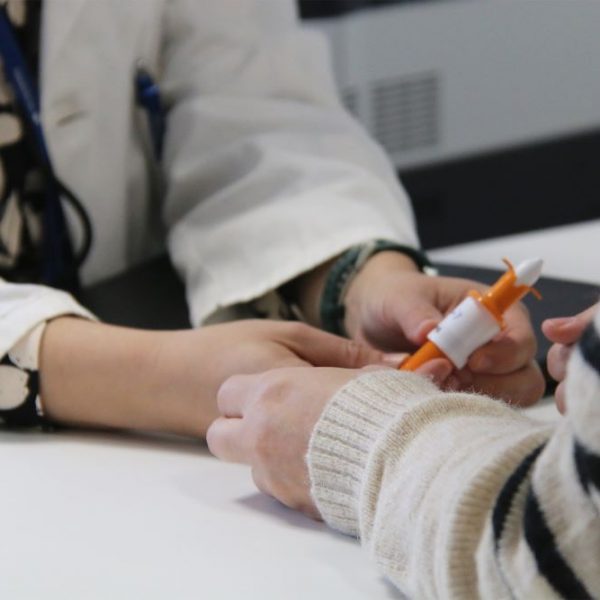

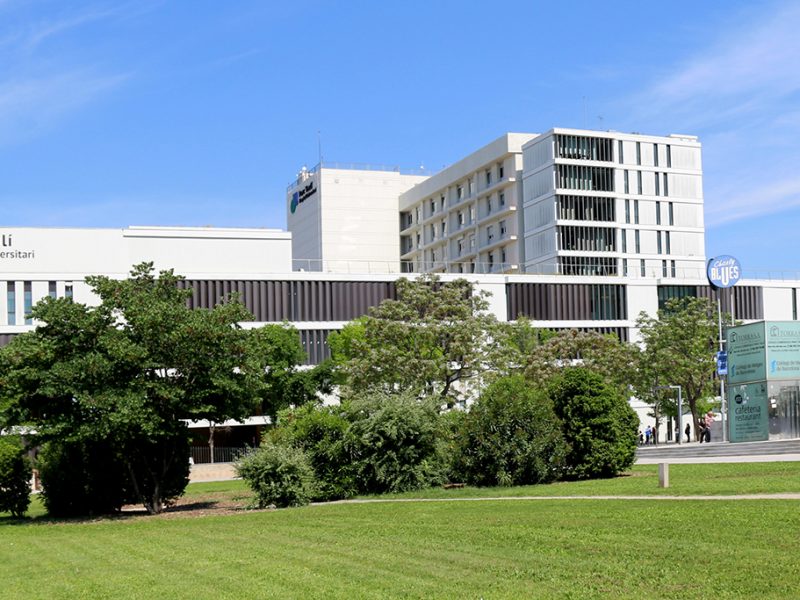
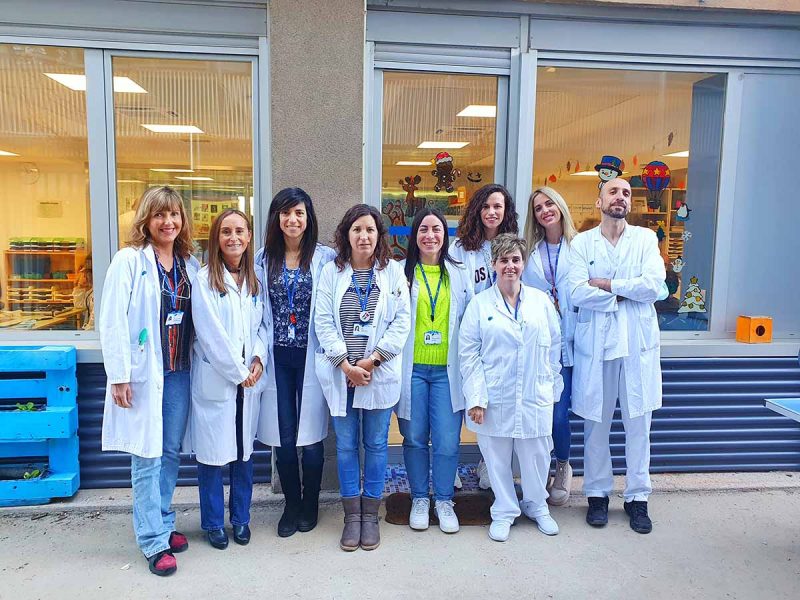
Leave a Reply